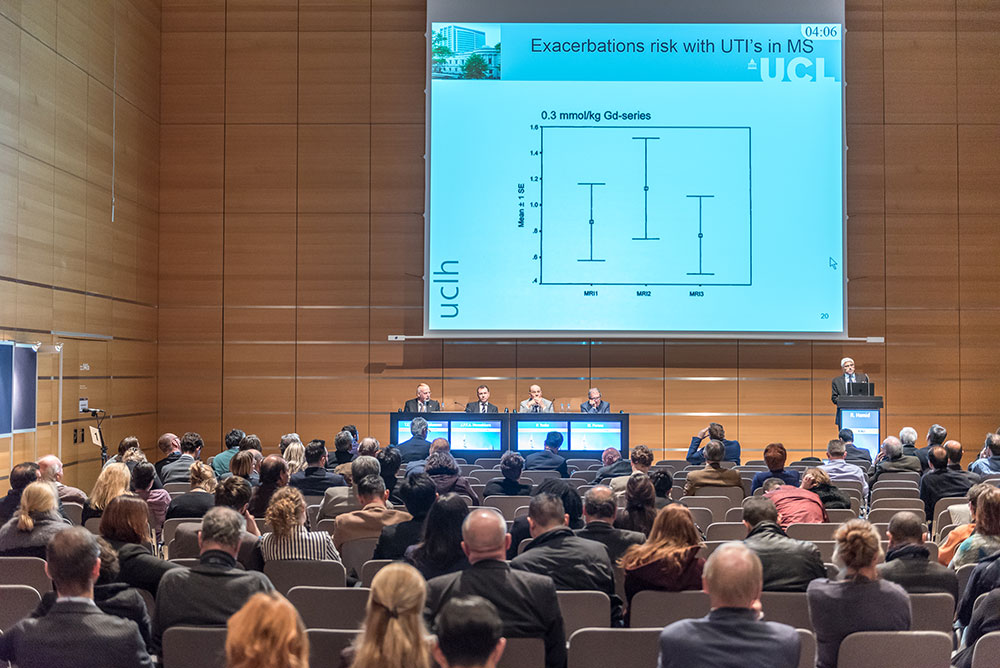ESFFU-ESUI stresses antibiotic stewardship
Prudent antibiotic use and the complexity of treating and managing “common” or frequently encountered urological infections were recurring themes or points of attention from the speakers at the joint meeting yesterday of the EAU Section of Female and Functional Urology (ESFFU) and the EAU Section of Infections in Urology (ESIU).
“Antibiotic consumption is increasing since their introduction. In Europe, drug-resistant bacteria is the cause of 25,000 deaths annually,” said Dr. Vitaly Smelov (FR). In acute-care hospitals in the US, studies showed that 20% to 50% of antibiotics are unnecessary or inappropriate, and that in the case of urinary tract infections (UTIs), most hospital-acquired UTI strains are generally antibiotic-resistant, according to Smelov who spoke on the role of the micro biome in the development of urinary tract problems.
Saying that “sterile urine” is a myth, Smelov noted that new technologies have detected a range of “non-culturable” bacteria in the urine.
“It’s high time to redefine UTIs and urinary tract disorders based on routine test findings only,” said Smelov. He also cautioned that new technology should not lead to increased use of antibiotics which only result to unwanted adverse events.
Speaker Bjorn Wullt (SE) emphasized the role of basic research as he highlighted that current science has now shifted its focus on the host and not only the bacteria. “It takes two to tango,” said Wullt. “Once upon a time, the bug was the focus. That’s history. The host susceptibility caused by genetic polymorphisms is now in the focus and we’re just beginning to understand this interplay,” he added.
Wullt said that genetics are increasingly becoming important to map dysfunctions or genetic events in the host. For example, inflammation in pyelonephritis is extremely dependent on the balance in the inflammatory response, he explained whilst noting that conditions such as asymptomatic bacteriuria (ABU) provides a good example to explain host response down-regulation and tolerance which may be key to future treatments.
Wolfgang Kummer (DE) lectured on the role of brush cells in the urinary tract, while Markus Drake (UK) gave a comprehensive overview of the management of UTIs in a neurogenic patient and how it differs from a non-neurogenic patient. Bela Köves (HU) spoke on the use of catheters and UTI and warned about inappropriate use of indwelling catheters.
Among their take-home messages:
Drake: “Neurogenic patients have changed LUT function, bladder care and medical interventions…The fundamentals of their management include the identification of organisms and its sensitivities and the adequate duration courses of suitable antibiotics…”
Köves (photo above): “Indwelling catheters should be placed only when they are indicated and 30% of initial urinary catheterizations are unjustified. It is also recommended to remove the catheter as soon as possible.”


